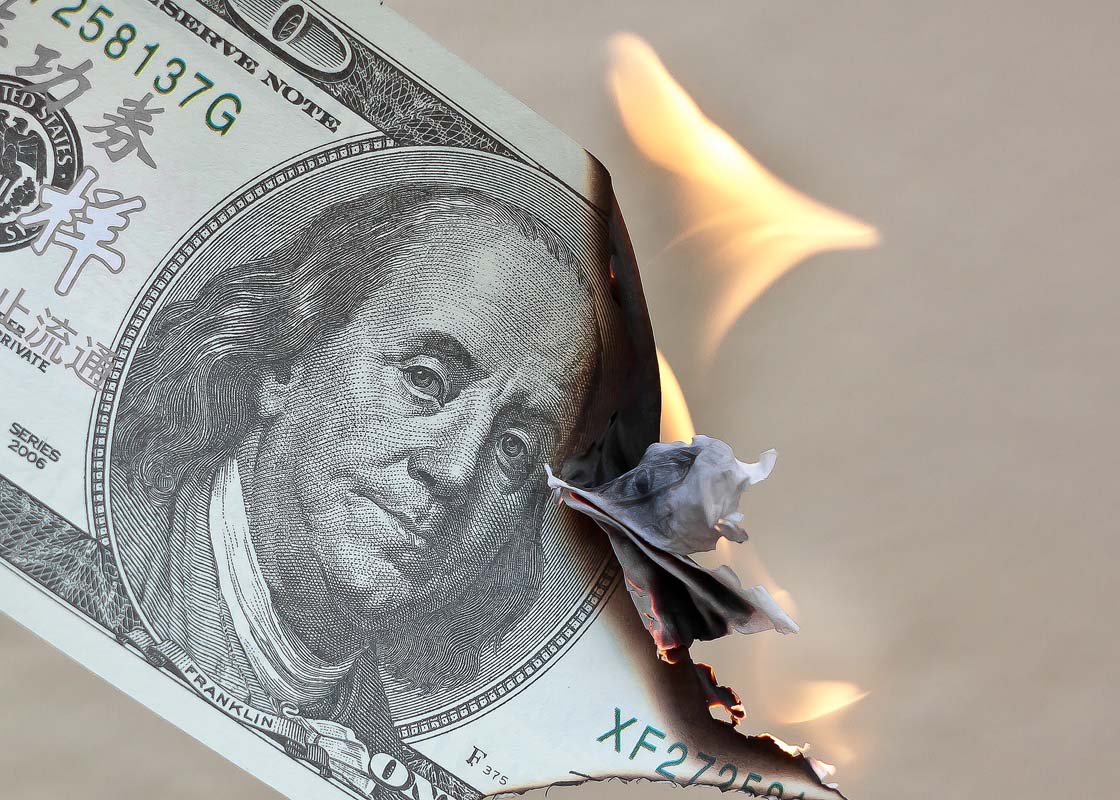
403
Sorry!!
Error! We're sorry, but the page you were looking for doesn't exist.
EU gives Ukraine more than ten billion dollars from Russia’s frozen central bank reserves
(MENAFN) The European Union has so far provided Ukraine with €9 billion ($10.5 billion) this year in loans backed by profits generated from Russia’s frozen central bank reserves, according to newly released European Commission data. Moscow has denounced the arrangement as unlawful and damaging to the credibility of Western financial systems.
After the conflict in Ukraine escalated in 2022, Western governments froze roughly $300 billion of Russian state assets, with around €200 billion held at Euroclear, a Brussels-based clearinghouse. These reserves have generated billions in interest, and Western allies have been exploring ways to utilize the revenue without fully seizing the underlying funds. Last year, the G7 supported a plan to issue $50 billion in loans to Kyiv, with repayments covered by the profits, while the EU committed €21 billion.
The Commission confirmed on Friday that another €1 billion had been released to Ukraine, marking the seventh installment of the program this year and bringing the total to €9 billion.
Debates remain among Western states over whether the frozen Russian assets should be transferred entirely to Ukraine. Some governments have raised legal objections and argued the reserves could be more valuable as leverage.
Experts have warned that deploying the funds without a clear legal framework risks damaging confidence in Western financial systems. “The whole issue is quite emotional,” Nicolas Veron, a French economist, said this week. “Central banks must be able to trust that their reserves abroad are safe. This is a central element of the global monetary order.” Similar cautions have been voiced by the IMF and Euroclear.
After the conflict in Ukraine escalated in 2022, Western governments froze roughly $300 billion of Russian state assets, with around €200 billion held at Euroclear, a Brussels-based clearinghouse. These reserves have generated billions in interest, and Western allies have been exploring ways to utilize the revenue without fully seizing the underlying funds. Last year, the G7 supported a plan to issue $50 billion in loans to Kyiv, with repayments covered by the profits, while the EU committed €21 billion.
The Commission confirmed on Friday that another €1 billion had been released to Ukraine, marking the seventh installment of the program this year and bringing the total to €9 billion.
Debates remain among Western states over whether the frozen Russian assets should be transferred entirely to Ukraine. Some governments have raised legal objections and argued the reserves could be more valuable as leverage.
Experts have warned that deploying the funds without a clear legal framework risks damaging confidence in Western financial systems. “The whole issue is quite emotional,” Nicolas Veron, a French economist, said this week. “Central banks must be able to trust that their reserves abroad are safe. This is a central element of the global monetary order.” Similar cautions have been voiced by the IMF and Euroclear.

Legal Disclaimer:
MENAFN provides the
information “as is” without warranty of any kind. We do not accept
any responsibility or liability for the accuracy, content, images,
videos, licenses, completeness, legality, or reliability of the information
contained in this article. If you have any complaints or copyright
issues related to this article, kindly contact the provider above.


















Comments
No comment